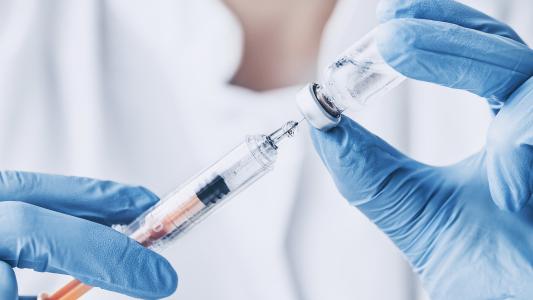The 3D printing community is rallying to help health experts cope with a shortage of coronavirus supplies.
COVID-19 is a respiratory illness, and if a person has a severe case, they may require a respirator to help them breath. To connect an oxygen mask to a respirator, hospitals use a device called a Venturi valve; however, this is only equipped to work for about eight hours before it must be replaced.
The need to create and replace life-saving devices on such a large scale is a strain on traditional manufacturers — and that’s why hundreds of 3D printing aficionados across the globe are offering up their expertise and equipment to create coronavirus supplies for hospitals.
Fabricating Coronavirus Supplies
The 3D printing community’s involvement in addressing the shortage of coronavirus supplies began when a hospital in Brescia, Italy, was not able to get replacement Venturi valves as quickly as it needed them.
A local journalist, Nunzia Vallini, learned of the shortage and connected the hospital to Isinnova, a nearby 3D printing company.
We haven’t slept for two days. We’re trying to save lives.
Cristian Fracassi
Isinnova CEO Cristian Fracassi and mechanical engineer Alessandro Romaioli then visited the hospital to begin the arduous task of designing a version of the valve that they could 3D print.
“The valve has very thin holes and tubes, smaller than 0.8 millimeters — it’s not easy to print the pieces,” Fracassi told the BBC. “Plus you have to respect not (contaminating) the product — really it should be produced in a clinical way.”
Once the design was ready, the pair printed a prototype for the hospital.
“They tested it on a patient and they told us that it worked well and so we ran again back to our office and we started to print new valves,” Romaioli told the BBC.
Isinnova only has six 3D printers, and each valve takes about an hour to print. To help speed up the process of getting the hospital the coronavirus supplies it needed, another local firm — Lonati SpA — began using Isinnova’s design to 3D print the valves, too.
Within 24 hours of Vallini reaching out about the hospital’s valve shortage, the two companies had delivered 100 of the 3D-printed replacements.
At least 10 patients are now using equipment containing the 3D-printed valves, and a second hospital has contacted Isinnova about printing the same valves for it.
“We haven’t slept for two days,” Fracassi told the BBC. “We’re trying to save lives.”
3D Printing a Solution
Isinnova’s work with the Brescia hospital didn’t just inspire Lonati SpA to contribute to the coronavirus response effort.
Soon after news of the story broke online, Twitter users began circulating a form where anyone with 3D printing design skills or access to a 3D printer could note their willingness to help combat the shortage of coronavirus supplies in hospitals worldwide, perhaps by printing more Venturi valves or other devices altogether.
A public spreadsheet listing everyone who responded to that request currently includes the names and contact details of more than 1,000 people.
Among the names are people from places currently hit hard by the coronavirus outbreak (China, Italy, Spain), as well as some from nations that the virus has yet to even reach (Tunisia, the Gambia).
The list includes people of all skill levels, too — some merely dabble in 3D printing as a hobby, while others have been engineering for decades.
The one thing they all have in common is a willingness to help address the shortage of coronavirus supplies across the globe however they can — and that’s exactly the kind of team mentality we’ll need to bring this pandemic to an end as soon as possible.
